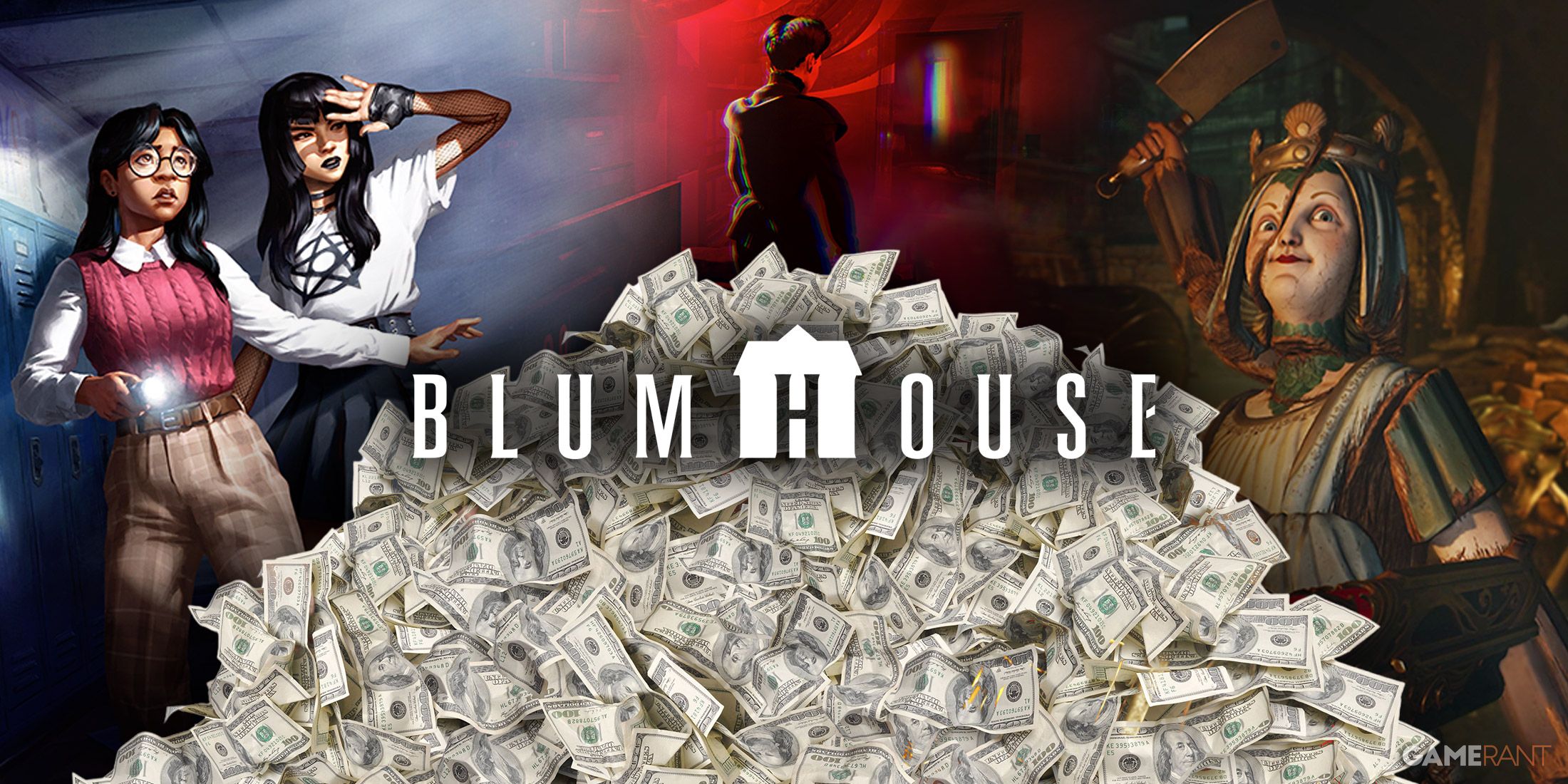Highlights
- Blumhouse Games makes a splash at Summer Games Fest with new horror titles, leveraging low budgets for high creativity.
- Indie horror games prove that powerful, terrifying experiences can be produced on a budget, inspiring Blumhouse’s approach.
- Funding low-budget games may yield more upside for Blumhouse than movies, offering unique opportunities for creativity.
Blumhouse Productions, the company behind popular films like Get Out, The Black Phone, and The Purge, made an unexpected appearance at this year’s Summer Games Fest, pulling back the curtain on its new gaming division. Blumhouse Games unleashed a barrage of game teasers during the show, and this preliminary salvo of game releases, coupled with Blumhouse’s production strategy, could lead to great results.
Blumhouse is known for funding smaller projects that don’t demand gargantuan production costs, and this financially conservative strategy has helped the company produce some of the most iconic horror movies of the past two decades. It’s also a very creator-friendly approach, as the relatively lower budgets make for less risk-averse practices; Blumhouse has a higher risk tolerance than other production companies because its projects have a lower performance bar to clear to be considered profitable.
Though Blumhouse is renowned for its horror films, it has also produced a number of well-received dramas, such as
BlacKkKlansman
and
Whiplash
.
Related
Slitterhead Looks Like a Horror Game With Stellar Blade’s Combat
Bokeh Game Studios’ Slitterhead presents players with an action-horror adventure through a city filled with mutants, monsters, and mystery.
Blumhouse’s Publishing Strategy May Work Even Better for Games than Movies
The Indie Horror Space Is a Hotbed of Creativity
As excited as horror fans are about the next Resident Evil, Dead Space, or other blockbuster production, it’s undeniable that the indie scene has been churning out high-quality horror games for years. Signalis, Crow Country, Darkwood, and SOMA are among the best horror experiences on the market right now, and they all come from independent studios working with far smaller budgets than a Goliath like Capcom or EA. Indie horror games, many of which make expert and efficient use of their small scope and often retro art styles, are proof positive that powerful, terrifying games can be produced on a budget.
Blumhouse seems to be tapping into this market, which could turn out to be a brilliant move. Flagship Blumhouse Games projects like Grave Seasons are leveraging old-school graphics and gameplay formulas like the ever-present farming simulation to stand out amidst the crush of RE4-style survival horror titles from the AAA space, demanding a far less strenuous budget in the process. With mainstream game development becoming seemingly more safe, consolidated, and designed-by-committee, a company that supports subversive and risky titles has the power to produce some of the most affecting and creative titles in the genre.
Blumhouse’s Dollar May Stetch Farther With Games Than Movies
“Low-budget” is a relative term when discussing film production—even the most fiscally restrained films can cost millions of dollars to make. Games require a lot of funding too, but the medium has the privilege of a few budgetary workarounds that don’t apply to films. One of the biggest ways that games, specifically indies, save money during development is labor: hit games like Stardew Valley and Minecraft were made by solo developers, Signalis was produced by just two full-time developers, and countless other indies have come from studios with just a handful of employees.
Films also have various real-world obstacles to contend with. For instance, live-action films need to consider the cost of each actor, meaning that stories with a lot of different characters will naturally cost more in most cases. Then there’s makeup, wardrobe, and costs associated with filming in certain locations, which can further inflate production costs. That’s not to say that indies with a retro aesthetic always come cheap, but the fact that games can get away with the absence or limitation of voice acting, reusing assets, and the like, means that they can often cost less than their independent film counterparts.
Thus, Blumhouse could enjoy a bit more upside when funding low-budget games than movies. Assuming the production house chooses its projects wisely, its low-risk, high-reward strategy could pay dividends, benefiting both Blumhouse itself and the gaming community as a whole.








